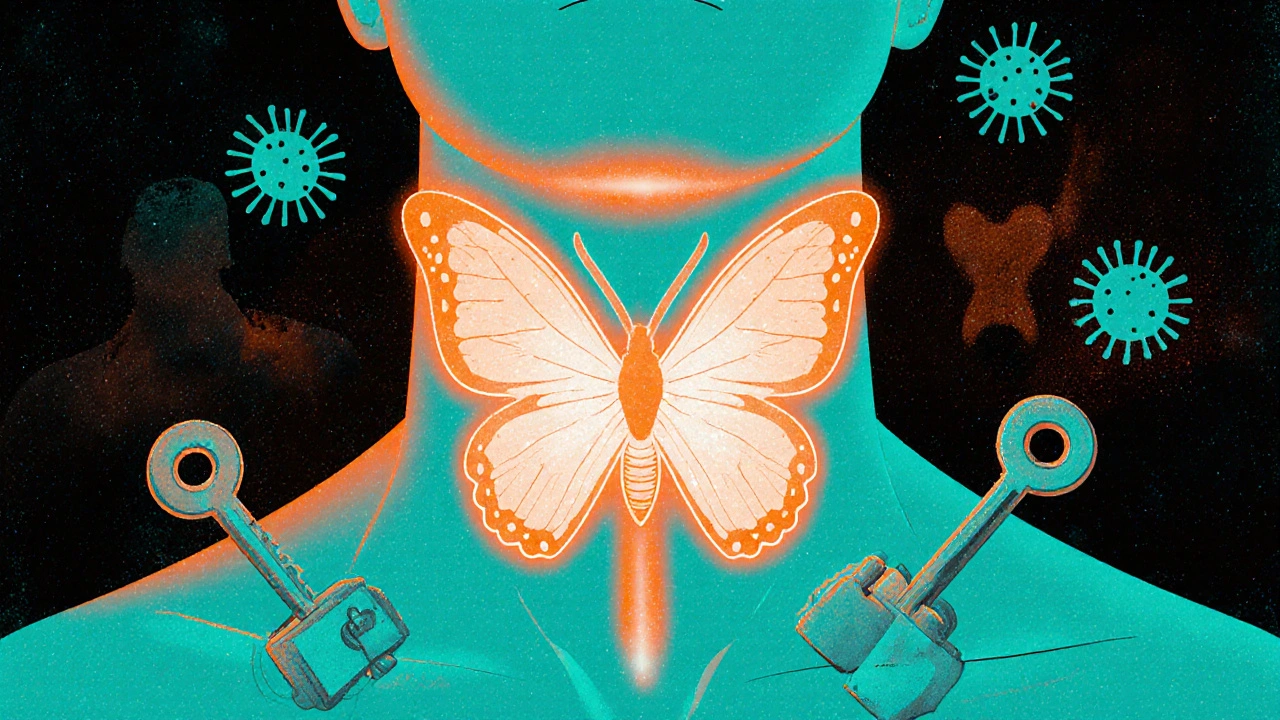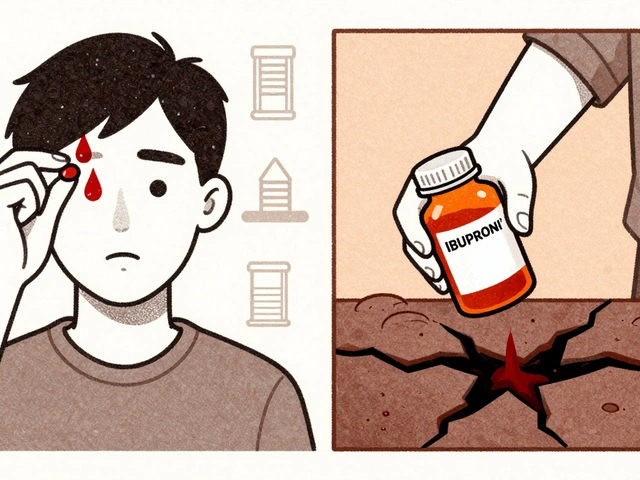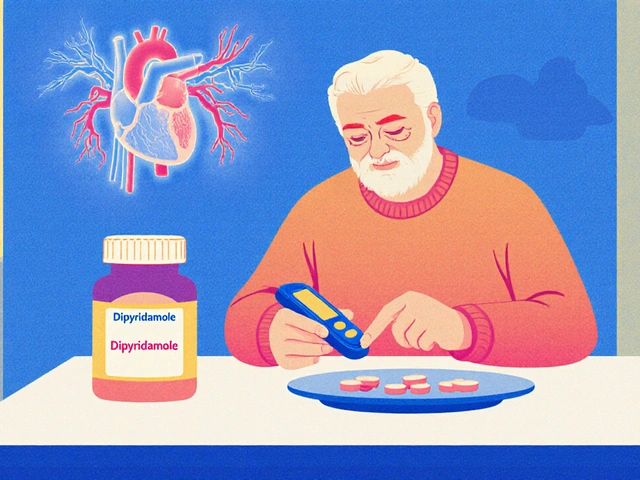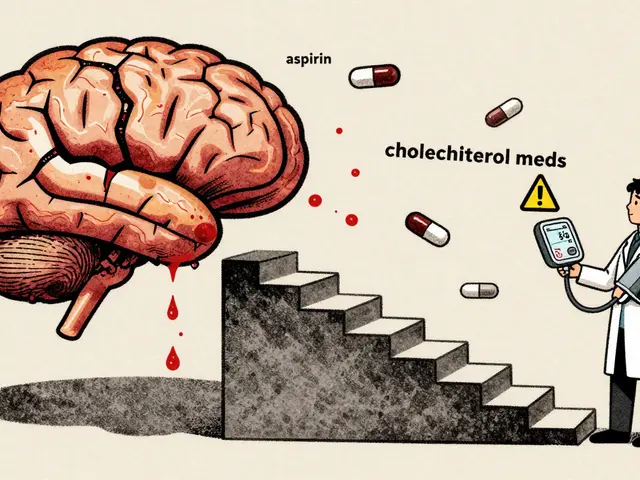Autoimmune Hyperthyroidism: Causes, Symptoms, and Treatment Insights
When your immune system mistakenly targets your own thyroid gland, you’re dealing with autoimmune hyperthyroidism, a condition where the immune system produces antibodies that overstimulate the thyroid, leading to excessive hormone production. Also known as Graves' disease, it’s the most common cause of an overactive thyroid and affects far more women than men, especially between ages 30 and 50. Unlike simple thyroid inflammation or nodules, this isn’t just a gland malfunction—it’s your body turning against itself.
This condition doesn’t just make you feel jittery or lose weight without trying. It can trigger heart palpitations, shaky hands, trouble sleeping, and even bulging eyes—a sign called Graves' ophthalmopathy. The antibodies involved, especially TSH receptor antibodies, are the real culprits. They act like fake keys, forcing your thyroid to keep producing hormones even when your body says to stop. Over time, this constant overdrive strains your heart, bones, and muscles. If left unchecked, it can lead to a life-threatening surge called thyroid storm, a rare but extreme escalation of hyperthyroid symptoms that requires emergency care. It’s not just fatigue—it’s your entire system screaming for balance.
What makes autoimmune hyperthyroidism tricky is that it often shows up alongside other autoimmune issues. People with this condition are more likely to have type 1 diabetes, rheumatoid arthritis, or lupus. That’s why treatments often overlap with those used for other immune disorders. For example, immunosuppressant, a class of drugs that calm down the overactive immune response like azathioprine, isn’t just for lupus—it’s sometimes used here too, especially when other treatments fail or aren’t safe long-term. You might also hear about antithyroid meds like methimazole or radioactive iodine therapy. Each has trade-offs: one slows hormone production, another destroys thyroid tissue, and surgery removes it. There’s no one-size-fits-all, which is why understanding your specific antibody profile and symptoms matters more than just chasing a TSH number.
What you’ll find in the posts below isn’t just theory. It’s real-world insight from people managing this condition, plus clear breakdowns of how medications like azathioprine help control the immune attack, why certain drugs like nitrofurantoin can affect thyroid function, and how lifestyle choices—like smoking—make everything worse. You’ll see how thyroid issues connect to other systems in your body, from heart health to bone density. No fluff. Just what works, what doesn’t, and what you need to ask your doctor next time you sit down for a checkup.

- Nov 16, 2025
- Posted by Cillian Osterfield
Graves' Disease: Understanding Autoimmune Hyperthyroidism and PTU Treatment
Graves' disease is an autoimmune disorder causing hyperthyroidism, often treated with PTU, especially during early pregnancy. Learn how it works, its risks, alternatives, and what to expect during treatment.
Categories
- Health and Wellness (72)
- Medications (69)
- Health and Medicine (28)
- Pharmacy Services (12)
- Mental Health (9)
- Health and Career (2)
- Medical Research (2)
- Business and Finance (2)
- Health Information (2)
Latest Posts
©2026 heydoctor.su. All rights reserved





